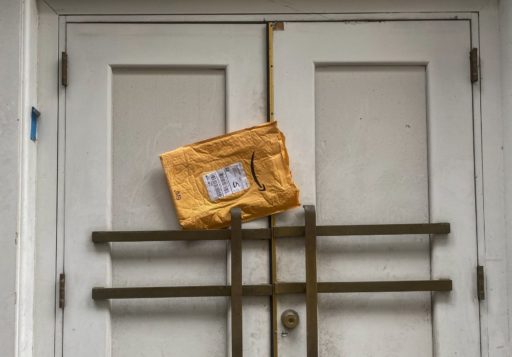Adjusting. But to What?
April 25, 2020
A major transformation in a way of life is always tumultuous. Whether it’s a job loss, divorce, health crisis or natural disaster, adjusting always involves a mix of bewildering complexity – emotional, financial and practical.
These days for all of us in different ways the pandemic presents all of these issues and more. Because unlike an event that happens this one is unfolding slowly, painfully and over a protracted period of time that does not admit of a clear ending. Some misguided governors might think they can force an end to the necessary sheltering-in-place and social distancing measures that have brought the economy to near standstill. They are like the village idiot at the gas station who thinks it’s okay to smoke because the stringent measures taken to prevent an explosion have proven unnecessary.
We’re in this for the long haul, and by that I mean at least some months if not longer. There may be more or less relaxed versions of the public protocols designed to reduce personal contact and thus transmission, but it’s hard to see a definable end to the inability of classes to meet, sports arenas to reopen or folks to gather for worship at mosques, synagogues and churches.
Understandably, this is anxiety provoking. People I love and hold near and dear find it easy to succumb at times to scenarios of Apocalypse in which we never get to leave our shelters, the health care system remains overwhelmed, our grandkids are condemned to a lifetime of online learning, with job prospects for meaningful careers shattered and our social life nothing more than an endless succession of Zoom sessions. In its most serious incarnations these dystopian nightmares include the dying off of whole classes of vulnerable population.
I try to be reassuring. But also realistic. The best I can account for is that dark visions are exaggerations of existing trends, that modest progress is being made, that the search is on for ways to reduce if not eliminate the pandemic and that someday we will look back at this and be amazed at what we have been through.
It’s a mistake, however, to convey the perky optimism of Homer Simpson’s neighbor, Ned Flanders. The fact is we are trying to adjust to something that has not yet defined itself. It’s like standing on a mobile platform aiming for a moving target. All we know is that what we face has ominous consequences, potentially worse, and yet there are discernible ways to soften the harshness of what we are enduring.
In saying so, I am quite aware of the wild disparities of what ‘we” are experiencing. The chirpy on-line messages of assurance from celebrities holed up in their mansions are small comfort to those whose day-to-day living now is more acutely difficult than ever: the homeless, the handicapped, the domestically abused, and those dependent populations forced to manage in veterans homes, nursing care facilities and prisons.
It’s inadequate consolation to be reminded that some – many – have it worse than others. But no matter what one’s circumstances or means, a certain level of adapting is needed.
Most of the people I know have more time on their hands than ever. Everyday life is more demanding, but people are also sleeping less, home more, and faced with choices about spending time that might otherwise have been devoted to travel, business or visits.
As a matter of mental survival I find it helpful to be reading more, watching television less and the news virtually not at all. I’ve renewed contacts with old friends and former colleagues. My wife and I get out almost every day for a 2-3-4 mile hike. She’s also managed to get me to garden more, which is an achievement in itself.
I’m also determined to call my mother (in an assisted living home in NYC) on a daily basis to let her know I love her and to make sure she wears a mask when she ventures out of her room – which is rarely. And I’ve managed to make myself something of a work routine so that instead of wallowing away I use my time to engage in projects that would not have been foreseeable for me.
It’s easy these days to let our imaginations get carried away. Goodness knows, the media are filled with the raw material upon which depression feeds. There are many times when I feel as if I have been dragged into the role of an extra in a bad horror movie for which there is no script and no director.
It’s a very uncomfortable place to be. And that’s an appropriate feeling. Recognizing that is the first step in starting to deal with the uncertainty.
